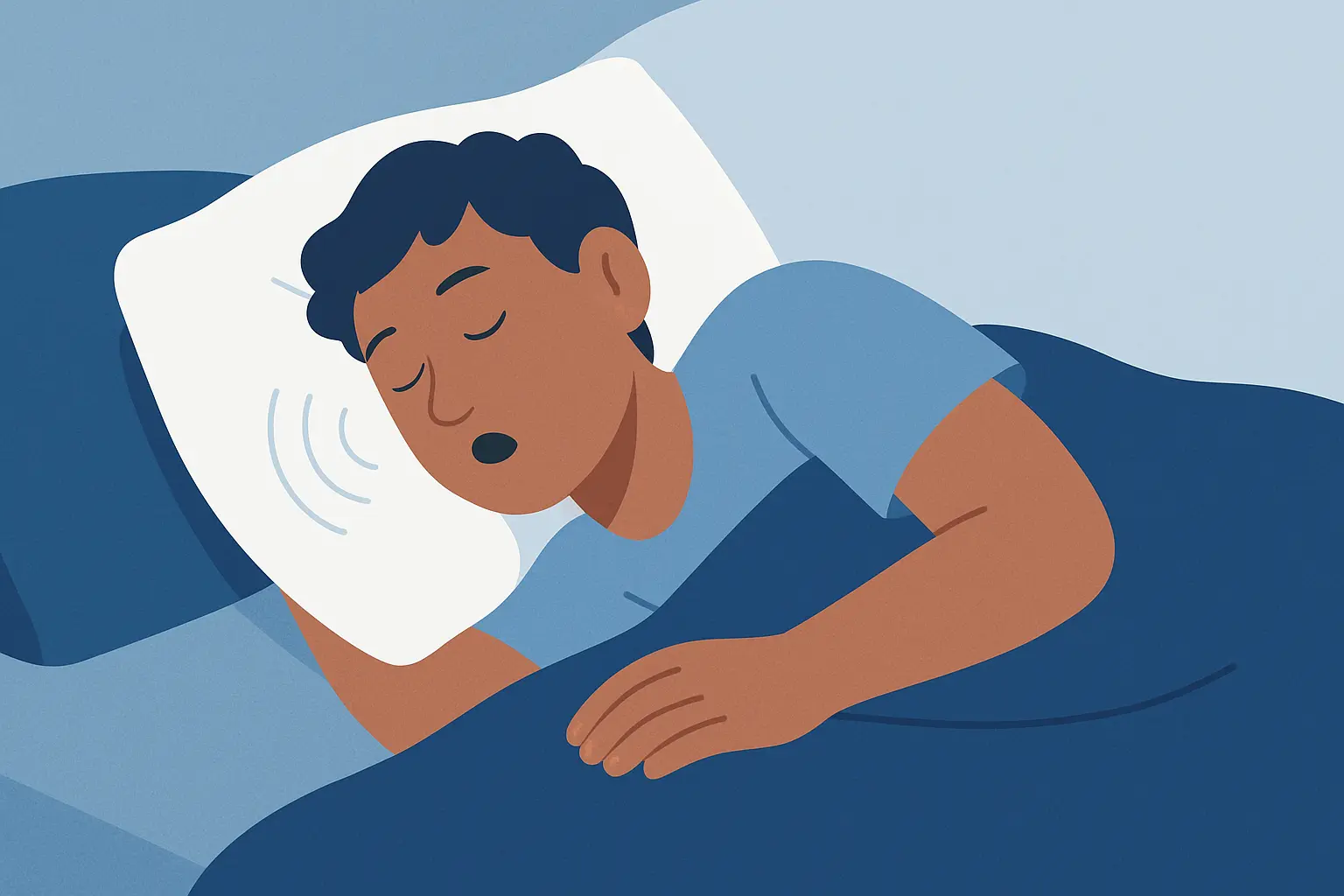How Stress Sabotages Your Sleep — And What You Can Do About It
You toss and turn, replaying the day’s events in your mind. By 2 a.m., your heart rate is up, muscles tense, and sleep seems impossible. Stress is one of the most common yet overlooked causes of restless nights. It’s not just your mind — your body reacts physically, making deep restorative sleep harder to reach.
Why Stress Keeps You Awake
When you’re stressed, your body releases cortisol, a hormone that increases alertness. While helpful during the day, elevated cortisol at night interferes with your natural circadian rhythm. You may notice:
- Racing thoughts that prevent you from falling asleep
- Nighttime awakenings at predictable times (often around 3–4 a.m.)
- Difficulty entering deep sleep stages
- Physical tension like jaw clenching or stiff shoulders
Even low-grade, chronic stress can subtly sabotage your sleep, leaving you groggy in the morning.
Simple Sleep Hygiene Tips to Fight Stress
While reducing life stress entirely isn’t always possible, improving your sleep environment and habits can help:
-
Maintain a consistent sleep schedule.
Going to bed and waking up at the same time every day strengthens your circadian rhythm reset. -
Wind down without screens.
Blue light from phones and laptops suppresses melatonin. Try dim lighting, reading a book, or gentle stretching. -
Create a comfortable sleep environment.
Keep your bedroom cool (around 18–20°C), quiet, and dark. White noise or soft fan sounds can mask disruptive background noise. -
Mindful breathing and relaxation.
Techniques like box breathing or progressive muscle relaxation reduce cortisol levels and prepare your body for sleep. -
Track your sleep patterns.
Apps like SnailSleep help monitor sleep disruptions, snoring, and restless movement. Understanding your patterns can reveal stress-related sleep issues.
Lifestyle Strategies Beyond the Bedroom
Managing stress throughout the day can dramatically improve sleep:
- Exercise regularly, but not too late. Morning or afternoon workouts help regulate hormones and tire your body naturally.
- Limit caffeine after noon. Even small amounts can affect sleep quality hours later.
- Journaling or gratitude practice. Writing down worries or positive reflections helps clear your mind before bed.
- Mindfulness or meditation. Even 10 minutes can reduce the body’s stress response.
Real-Life Example: Michael’s Turnaround
Michael, a 29-year-old software engineer, struggled with insomnia due to work deadlines. By introducing a 30-minute evening wind-down and daily mindfulness practice, his nighttime awakenings dropped from four times a night to almost none. Sleep tracking revealed deeper REM and slow-wave sleep stages — the kind that make mornings feel refreshing.
When Stress-Related Sleep Problems Need Help
If stress is causing persistent insomnia or fatigue for several weeks, it may be worth consulting a sleep specialist or therapist. Cognitive Behavioral Therapy for Insomnia (CBT-I) is highly effective for stress-induced sleep issues and can be complemented with apps like SnailSleep to monitor improvements.
Related Articles
- Digital Age Insomnia — How Screens Are Stealing Your Sleep
- Why Light Pollution Is Stealing Your Sleep (and How to Fight Back)
- Tracking Your Sleep with Technology: A Step-by-Step Guide

